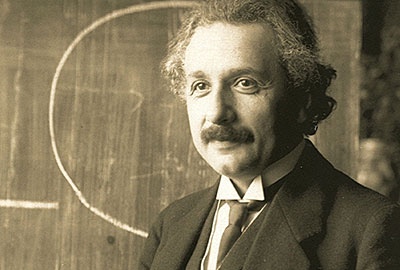 2022-05-09
2022-05-09
Spotlight: Oliver Cromwell
- ArticlesandContent.com (CIRCA 2005)
- /
- Oct 8, 2021 (written 2005)
The biography of Oliver Cromwell is full of contradictions concerning this famous figure who was both loved and loathed.
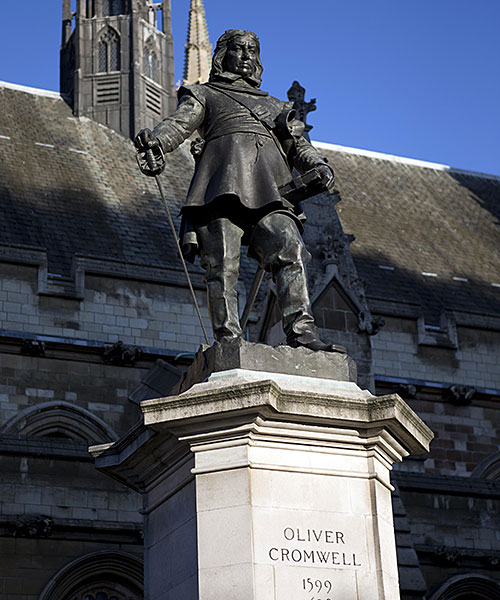
For many, the life of Oliver Cromwell is synonymous with liberty and the elimination of monarchy, but at the same time, many of his campaigns and tactics were dictatorial. When people ask “Who was Oliver Cromwell,” the answer many would give is “ a religious crusader,” yet he executed many religious people with whom he disagreed. Many say he saved England at a time the country threatened to crumble, and others look at the biography of Oliver Cromwell and cite it as evidence of the statement that “All power corrupts.” Even the death of Oliver Cromwell was a contradiction; he died, initially of natural causes, but when the monarchy was restored, his corpse was exhumed and beheaded execution style. However, his death mask still appears in Warwick Castle, where it is admired by many.
Early Life of Oliver Cromwell
The biography of Oliver Cromwell begins on the 25th of April in 1599 in Huntingdon Cambridgeshire where he was born to a family of middling social status. His fortunes declined, however, and he became a simple farmer who had to work the land for his livelihood. During this time, he received certain religious inspiration that led him to become more religious and adopt a Puritan point of view. He won a parliamentary seat in 1628 where he belonged to the Roundhead Party, which expressed radical Protestant views and was against the monarchy. The life of Oliver Cromwell took another turn when he served as military commander during the English Civil War. He excelled at his task, and when the Roundheads won the war and the monarchy was deposed, Oliver Cromwell assumed the title of Lord Protector of England.
“Do not trust to the cheering, for those very persons would shout as much if you and I were going to be hanged.”
Lord Protector
Under Cromwell as the Lord Protector, England was at relative peace, although Cromwell ruled with an iron fist. Ask the Irish “Who was Oliver Cromwell,” and they will likely be upset at the mention of his name, since Cromwell’s military campaigns against Roman Catholic Ireland were oppressive and killed many for their religious beliefs. He would also jail or execute those who did not agree with his taxation policy. His reputation is mixed, and there are some who say he did some good for the country during a difficult time.
End of the Protectorate
The biography of Oliver Cromwell ends with his death from malaria on the 3rd of September, 1658. His successor was not successful in continuing the Commonwealth which was defeated when the monarchy was restored in 1659. To prevent other rebels from arising in the future, the king had Oliver Cromwell’s body exhumed and publicly beheaded.
More From People
 2022-05-09
2022-05-09
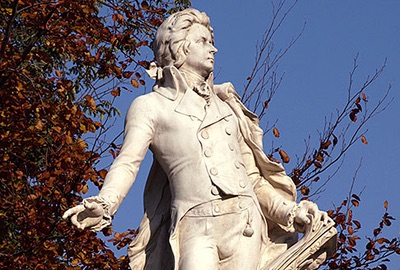 2022-05-09
2022-05-09
Spotlight: Mozart Child Prodigy
 2022-05-09
2022-05-09
Spotlight: Marco Polo A Great Venetian Explorer
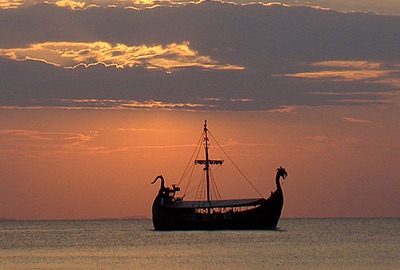 2022-05-09
2022-05-09
Spotlight: Erik the Red
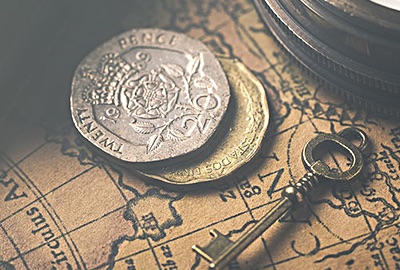 2022-05-09
2022-05-09
Spotlight: Leif Erickson
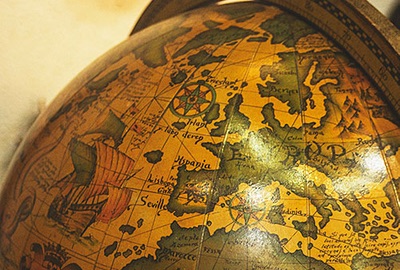 2022-05-09
2022-05-09
Spotlight: Ferdinand Magellan
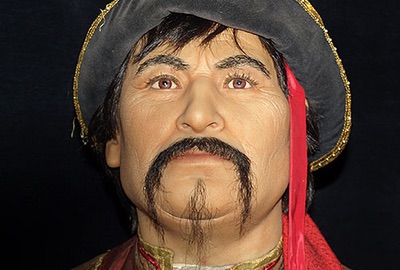 2022-05-09
2022-05-09
Spotlight: Genghis Khan
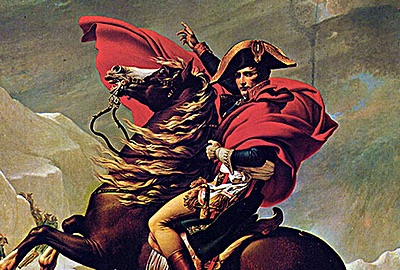 2022-05-09
2022-05-09
Spotlight: Napoleon Bonaparte
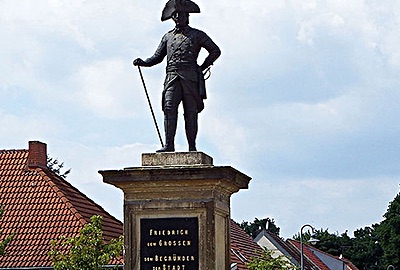 2022-05-09
2022-05-09